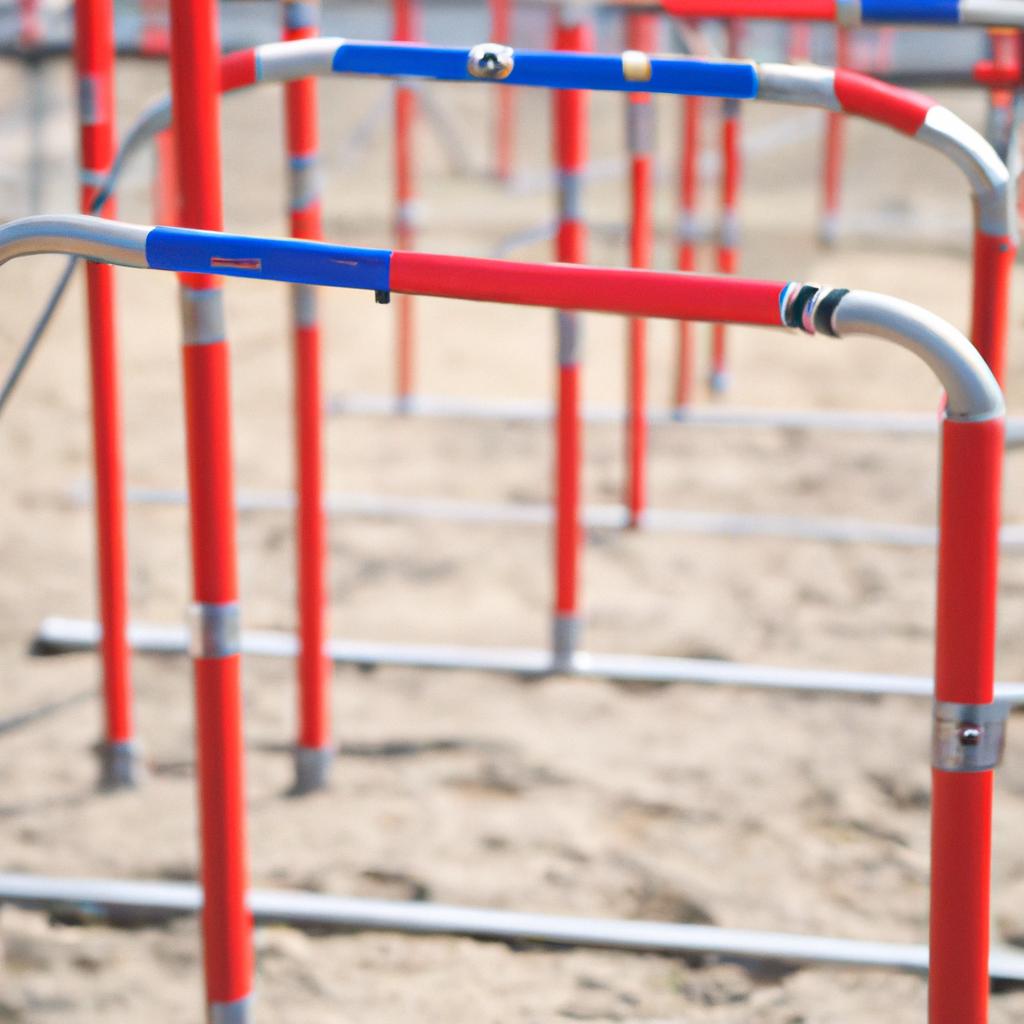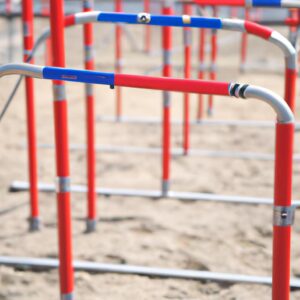Creating Community: The Impact of Group Charity Runs on Local Engagement and Support
# Creating Community: The Impact of Group Charity Runs on Local Engagement and Support
In recent years, group charity runs have become a prevalent way for communities to come together for a common cause. These events not only promote physical fitness but also foster a sense of unity among participants, raising awareness and funds for various charities. As communities rally around these events, they create a ripple effect of engagement, support, and camaraderie. This blog post will explore the multifaceted impact of group charity runs, including practical nutrition tips, exercise advice, and the health benefits associated with participating in these events.
## The Power of Community Engagement
### Building Connections
Group charity runs serve as a platform for individuals from diverse backgrounds to unite over shared goals. These events often bring together families, friends, and even strangers, creating an environment ripe for connection. Whether it’s a 5K run or a marathon, participants often form bonds that extend beyond the finish line. This sense of community can lead to increased volunteerism, where individuals feel motivated to contribute not just on race day but throughout the year.
### Raising Awareness and Funds
Charity runs are particularly effective at raising awareness for specific causes. When participants run for a charity, they become ambassadors for that cause, sharing their experiences with friends and family, and often utilizing social media to amplify their message. The funds raised through entry fees, sponsorships, and donations can significantly impact local charities, providing resources for programs and services that benefit the community.
## Nutrition Tips for Participants
### Fueling Your Body
Proper nutrition is vital for anyone preparing to participate in a charity run. Here are some essential nutrition tips to consider:
– **Hydrate**: Begin hydrating well in advance of race day. Water is essential, but consider including electrolyte drinks, especially for longer runs.
– **Carbohydrate Loading**: In the days leading up to your race, increase your carbohydrate intake to boost glycogen stores. Foods like pasta, rice, and whole grains are excellent choices.
– **Pre-Race Meal**: On race day, eat a light meal that contains carbohydrates and protein about 2-3 hours before the start. Oatmeal with fruit or a banana with peanut butter can provide the necessary fuel without weighing you down.
– **Post-Race Recovery**: After completing the run, consume a balanced meal with protein and carbohydrates to aid recovery. A smoothie with protein powder and fruit or a chicken sandwich on whole-grain bread are effective options.
## Exercise Advice for Training
### Preparing for the Run
Training for a charity run requires a structured approach that blends endurance and strength training. Here are some tips to help you prepare effectively:
– **Create a Training Plan**: Depending on the distance of the run, develop a training schedule that incrementally increases your mileage. A combination of long runs, interval training, and rest days will optimize your performance.
– **Cross-Training**: Incorporate cross-training activities such as cycling or swimming to improve your overall fitness and reduce the risk of injury. This variety will also keep your training regimen exciting.
– **Listen to Your Body**: Pay attention to signs of fatigue or discomfort. Rest and recovery are crucial components of any training plan and will help prevent burnout or injury.
## Health Benefits of Group Charity Runs
### Physical Health
Participating in group charity runs offers numerous physical health benefits, including:
– **Improved Cardiovascular Health**: Regular running enhances heart health by increasing cardiovascular endurance and lowering blood pressure.
– **Weight Management**: Engaging in regular physical activity helps maintain a healthy weight and reduces the risk of obesity.
– **Strengthened Muscles and Bones**: Running is a weight-bearing exercise that strengthens bones and muscles, promoting overall physical fitness.
### Mental Health
The benefits of group charity runs extend beyond physical health:
– **Reduced Stress and Anxiety**: Exercise releases endorphins, which can help alleviate stress and anxiety, leading to improved mental well-being.
– **Sense of Accomplishment**: Completing a run, especially for a cause you care about, can foster a sense of achievement and boost self-esteem.
– **Social Support**: The camaraderie developed during training and on race day provides emotional support, combating feelings of isolation and loneliness.
## Conclusion
Group charity runs are more than just a way to get active; they create a sense of community that fosters connections, raises awareness, and supports local causes















Post Comment